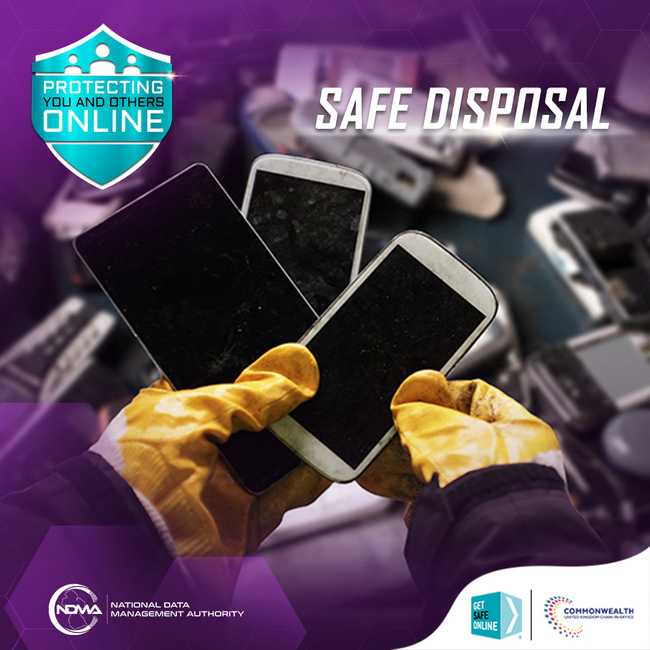- Week in Review
The Guyana National Computer Incident Response Team (GNCIRT) seeks to provide technical assistance to public agencies to prevent and respond effectively to information security incidents of national importance.


Browser Updates
Get Safe Online recommends that for optimum protection against fraud when using the internet, you always run the latest version of your chosen browser that…

Software Decommissioning
It is important that you carry out regular reviews or audits of application software on all computers and information systems, and ensure that redundant software…

Safe Disposal
Smartphones and tablets that you no longer need should be disposed of with great care. The data on your device can easily be accessed whether…

Microsoft Edge Security
Microsoft Edge published a security advisory highlighting vulnerabilities in the following product on January 23rd, 2026. It is recommended that you take the necessary precautions…

VMware Security Advisory
VMware published a security advisory highlighting vulnerabilities in the following product between January 19th and 25th, 2026. It is recommended that you take the necessary…

Red Hat Security Advisor
Red Hat published a security advisory highlighting vulnerabilities in the following products between January 19 and 25, 2026. It is recommended that you take the…

Malicious VSCode Extensi
Description Researchers have observed a coordinated campaign (tracked as TigerJack) that publishes malicious Visual Studio Code (VSCode) extensions to both the Microsoft VSCode Marketplace and…

Oracle E-Business Suite
Description Oracle has released an emergency security update to address a critical, unauthenticated remote-code-execution vulnerability in Oracle E-Business Suite (CVE-2025-61882, CVSS 9.8). Threat actors linked…

Discord Support-Ticket B
Description Discord disclosed that an unauthorized party gained limited access to a third-party customer service/ticketing system used by Discord, exposing support tickets and associated user…

Use Isolated Development
Develop and test in isolated VMs or containers never use production credentials or store secrets in source code. Keep dev machines network-segmented, use short-lived credentials…

Implement Application Al
Application allowlisting (whitelisting) prevents unauthorized programs from running by permitting only approved applications, scripts, and installers; to deploy it effectively, inventory your software, start policies…

Be Cautious When Using P
Public charging stations in airports, hospitals, and other public places may seem convenient, but they can also expose your device to serious cybersecurity risks. Cybercriminals…


